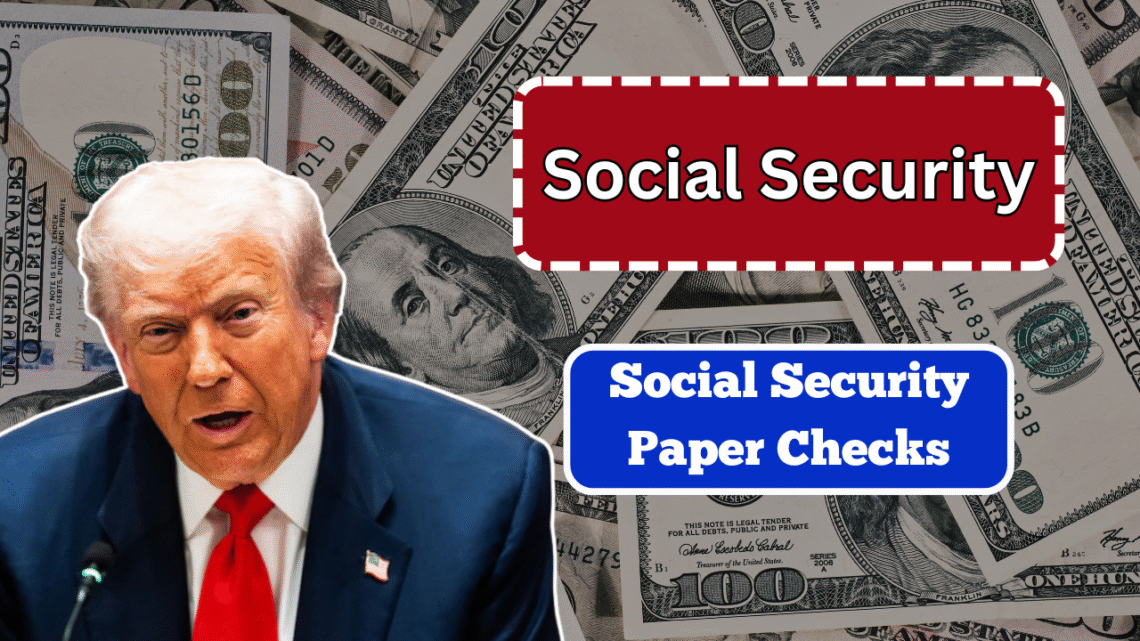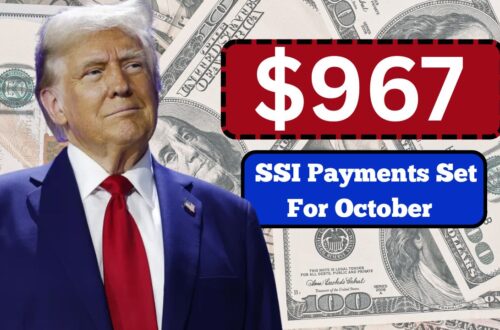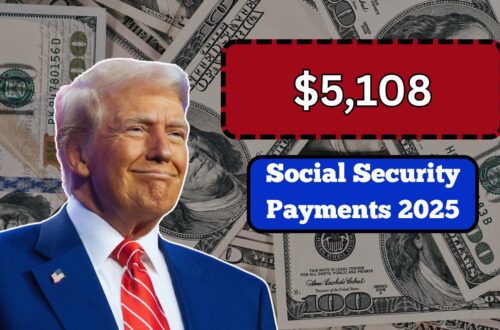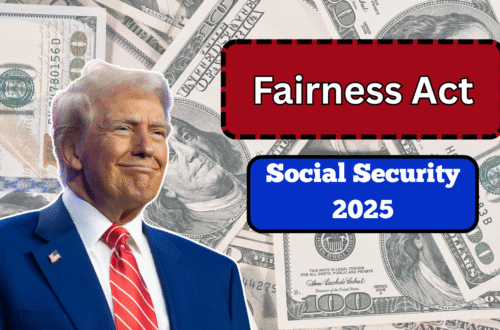Imagine getting your monthly Social Security check in your mailbox, safe and reliable. For many older Americans, that’s been a lifeline. But when the U.S. government decided to end all paper checks and push everyone into digital payments, it worried a lot of people.
After strong backlash, the government quietly reversed course — and now paper checks will still be allowed in special cases. Let’s break down what happened in easy terms.
Why Paper Checks Were Targeted
- A paper check costs about 50 cents to make, while an electronic transfer costs only 15 cents.
- Paper checks are much more likely to be stolen or misused.
- By SSA’s data, 99.4% of beneficiaries (out of ~69.5 million) were already getting payments digitally.
| Category | Statistic / Figures |
|---|---|
| Total beneficiaries | ~ 69.5 million |
| Using electronic payments | 99.4% |
| Still receiving paper checks | ~ 400,000 |
| Cost to issue paper check | $0.50 |
| Cost for electronic transfer | $0.15 |
| States with most paper-check users | California (~43,000), Texas (~28,000), Florida (~24,000) |
Who Would Be Affected
Though 400,000 is small compared to 69.5 million, that group includes people who are already vulnerable:
- Many live in rural areas with no reliable internet or few banks.
- Some don’t have any bank account or can’t maintain a minimum balance.
- Others may have cognitive or physical limitations that make digital systems confusing.
Nancy Altman, leader of Social Security Works, warned that forcing those people to go digital would harm them the most. She said they’d have trouble opening accounts or navigating the systems — their paper checks were their safety net.
The Government’s Quiet Retreat
As September 30 approached, the SSA shifted tone. On September 19, SSA published a blog clarifying that no one’s payments would be stopped just because they couldn’t switch in time. Their message:
“If you have no other way to receive payments, we will continue to issue paper checks.”
Later, at a meeting, Matthew Bilenki (SSA’s Director of Finance and Management) confirmed checks will continue for those who have no viable electronic option. In effect, the strategy changed from “full ban” to “paper by exception.”
Why They Changed Their Mind
Several pressures forced the shift:
- Advocacy groups, lawmakers, and states warned that cutting off checks would hurt tens of thousands of older Americans.
- Many of those remaining on paper checks lived in places with poor broadband, few banks, and low digital skills.
- The SSA faced legal risks. Their guiding law ensures uninterrupted benefits — cutting checks off abruptly could violate that.
So, the government decided: Yes, keep pushing digital payments, but don’t leave anyone behind.
What You Can Do
If you still get paper Social Security and want to switch (or need an exception), here are your options:
Direct Deposit (Best Option)
Sign up via your my Social Security account online, or contact your bank.
Direct Express Debit Card
For people without bank accounts. Call 1-800-333-1795 or visit USDirectExpress.com to enroll.
Waiver / Exemption
If you genuinely can’t use digital methods, you can ask for an exemption. Call the U.S. Treasury at 1-877-874-6347.
Every mailed check now includes a notice with instructions for switching and info about getting an exemption if needed.
What Comes Next
Going forward, electronic payments will likely remain the goal. But officials realize that efficiency shouldn’t mean exclusion. They will still encourage digital transfers but allow paper checks in special cases.
Advocates emphasize that modernization must be flexible. Not everyone can make the switch at once. It’s no longer about forcing everyone to adapt — it’s about making sure no one loses access to benefits they depend on.
The reversal is a big deal. It shows the government listened when people warned that ending paper Social Security checks would hurt the most vulnerable. Now, paper checks won’t die entirely — they’ll continue for those who truly need them.
At the same time, digital payments will remain the preferred method, but not the only way. The balance now is between progress and compassion, ensuring modernization doesn’t abandon anyone who relies on these benefits.
FAQs
Are paper Social Security checks still being issued?
Yes — but only for people who have no alternative to receive payments electronically.
What was the original date to stop checks?
The government had set September 30, 2025 as the cutoff.
Do I need to apply to keep getting paper checks?
Yes — if you can’t use electronic options, you can request an exemption by calling the U.S. Treasury at 1-877-874-6347.








